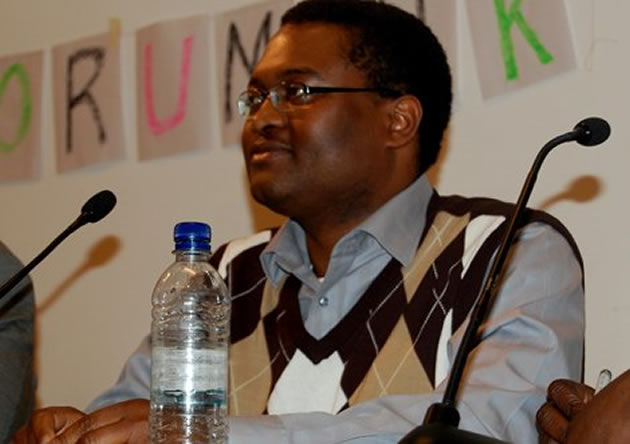President watches Russia Victory parade


President Mugabe greets baby Emmanuel, who was in his mother Tapiwa’s arms, while his father Major Andrew Kabaira (centre) looks on shortly after his arrival at Vnukovo International Airport in Moscow, Russia, yesterday. Looking on are embassy staff who had gathered to welcome the President. — (Picture by Presidential Photographer Joseph Nyadzayo)
From Mduduzi Mathuthu in MOSCOW, Russia
PRESIDENT Robert Mugabe arrived in the Russian capital Moscow yesterday to witness commemorations of the 70th anniversary of Nazi Germany’s surrender to the Soviet Union during World War II.
President Mugabe, invited by Russian President Vladimir Putin in his capacity as the African Union chairman, touched down in summery weather at Moscow’s Vnukovo International Airport at 8AM local time.
Accompanied on the trip by Foreign Minister Simbarashe Mumbengegwi, the President was met at the airport by Zimbabwe’s charge d’affaires Andrew Mariga and Russian government officials.
Last night, he attended a dinner at the Kremlin hosted by President Putin.
Today, President Mugabe will join more than two dozen other world leaders in witnessing a colourful display of Russian military might in Red Square.
Some 16,000 troops will parade, along with hundreds of units of military hardware.
In a defiant show of military strength despite international condemnation over its actions in Ukraine, Russia will roll out new Koalitsiya-SV howitzers as well as cutting-edge Armata T-14 tanks for the first time.
The Armata tanks are only set to go into service in 2016 but Russia is already boasting they will be the most powerful in the world. All in all, 194 units of military hardware and 143 planes and helicopters will take part in the parade.
Even the weather is not left up to chance. Early today, planes were due to seed rain clouds with chemicals such as silver iodide in a bid to prevent them bursting over central Moscow during the morning parade, Reuters reported.
Although Moscow invited 68 heads of state and leaders of international organisations, only around 26 have confirmed their attendance, including President Mugabe, South African leader Jacob Zuma, Egypt’s Abdel Fattah el-Sisi, President Xi Jinping of China and Cuban President Raul Castro. UN chief Ban Ki-moon is also expected to attend the Victory Day celebrations.
The event’s logo showing a white dove on a blue background with the slogan “Victory! 70 years!” is splashed over a giant banner on Red Square measuring 3,300 square metres.
Around the city, billboards show images of wartime commanders and joyful faces of members of the public on Victory Day.
The orange-and-black St George’s ribbon, a symbol of patriotism which Russians wear to commemorate the WWII victory, is also a key element of the decorative scheme.
The Moscow metro, famed for its chandeliers and mosaics, is running a special “Victory Train”, whose carriages are lined with photographs of the war.
Even the street lighting along the banks of the Moscow River has been changed to resemble that used during spring 1945 celebration.
After the ceremony, the hard work begins for President Mugabe who is expected to meet President Putin on Sunday to press Russia to follow through with trade and investment agreements signed with his government.
President Mugabe is keen to shore up Zimbabwe’s manufacturing sector while also securing investment in the extractive industries.
The centrepiece of growing Russia-Zimbabwe economic and political cooperation is a US$4 billion platinum mine planned for Darwendale – the single biggest investment in the country since 1980.
In a deal signed in Harare last September during a visit by Foreign Minister Sergey Lavrov, Russia’s VI Holding and state corporations Rostec and Vnesheconombank would invest an initial $1.6 billion in the joint-venture project which has a targeted production capacity of 600,000 ounces per annum, making it the biggest platinum mine in the country. Zimbabwe holds the biggest platinum reserves in the world after South Africa.
Presidential spokesman George Charamba said President Mugabe would also hold a series of meetings with Russian investors.
His four-day visit to Russia will wind up with a meeting with Zimbabwean students studying at various Russian universities on Monday.








Comments